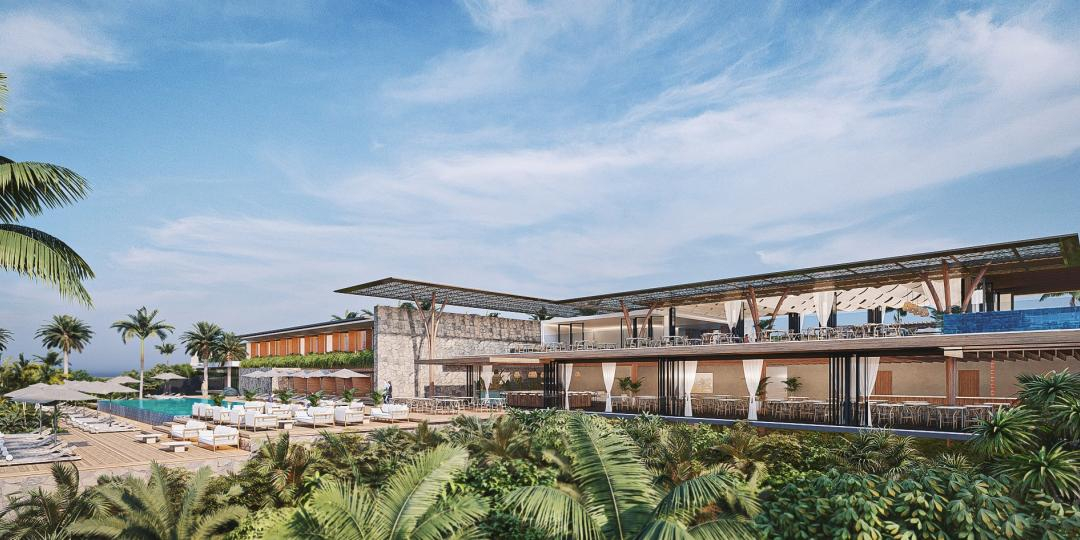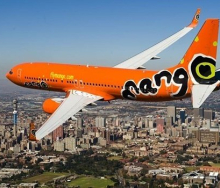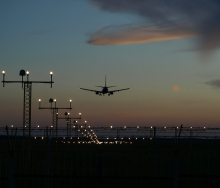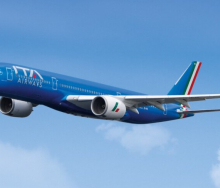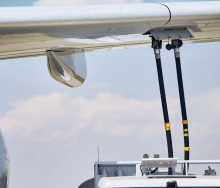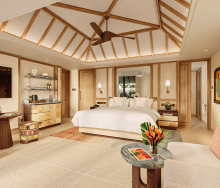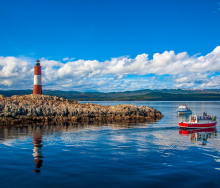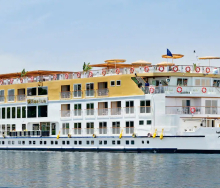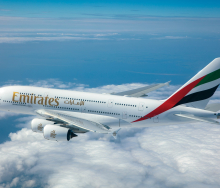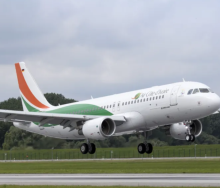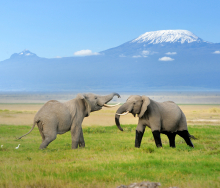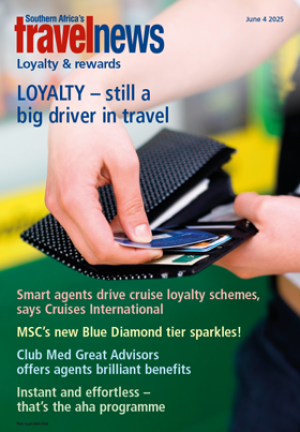Club Med’s first property in Southern Africa – set to open near Ballito, KwaZulu-Natal (KZN), in 2026 – is aiming to bring locals and international visitors to the province with a concept that combines beach and bush.
Speaking during last week’s WTM Africa event, Club Med representatives outlined how the R2 billion property, financed entirely by South African investors, is poised to grow tourism and economic activity in KZN. The property will combine a 411-room beach resort and a 75-room safari lodge. After some initial setbacks including the COVID pandemic, and the KZN floods and unrest, construction finally began last year.
But Club Med Southern Africa MD Olivier Perillat-Piratoine is banking on the “Club Med effect”.
The KZN Club Med development’s Project Director Chris du Toit said: “This is a very big catalyst for the province and for the North Coast. The key advantage we have is King Shaka International Airport. Since the airport moved in 2010, the North Coast has become very accessible.”
He said the economic impact of the project is significant. “There are currently 1 300 people working on site of which more than 60% live within a 5km radius so there is significant benefit in terms of employment. Just last week, we met with the local police station commander and she indicated to us that crime has reduced by 60% in the area because people are employed.”
When operational, the resort will create approximately 800 permanent jobs and up to 1 500 indirect jobs. Additionally, Du Toit said, 150 local sub-contractors are involved in the project with “significant” economic impact for the area, the province and South Africa.
Club Med is also banking on its “loyal and enthusiastic clientele” to support the property. Although reluctant to mention specifics, Du Toit said the approach will be “glocal”, focusing on a mix of local and international tourists. While the KZN property will be Club Med’s first in Southern Africa, it is not the first on the African continent. It currently has properties in Morocco, Tunisia and Senegal as well as the Indian Ocean islands of Mauritius and the Seychelles.
The safari lodge is expected to attract mostly international visitors but Perillat-Piratoine said the Club Med brand has been sold in South Africa for 40 years so he anticipates a strong base of local visitors. With Cape Town making up 40% of its South African market, the group anticipates many Capetonians will be travelling to KZN to experience the resort. This may initially “cannibalise” some business in key markets like Mauritius, he said.
For the domestic market, luxury, all-inclusive resort holidays may be entirely new. “We are something totally different. The current pool of players is really traditional hospitality and hotel infrastructure. We offer a lively, resort experience,” Perillat-Piratoine said. Competitors are already starting to adapt, looking at the all-inclusive formula, he added.
South Africa is a long-haul destination for most international markets so Perillat-Piratoine believes guests, mostly families, will include Cape Town or the Kruger National Park in their itineraries at the same time.
“Our historical clientele is already enthusiastic about the project so we have a strong base. It’s going to be a positive disruption for the hospitality market in South Africa,” he said.
